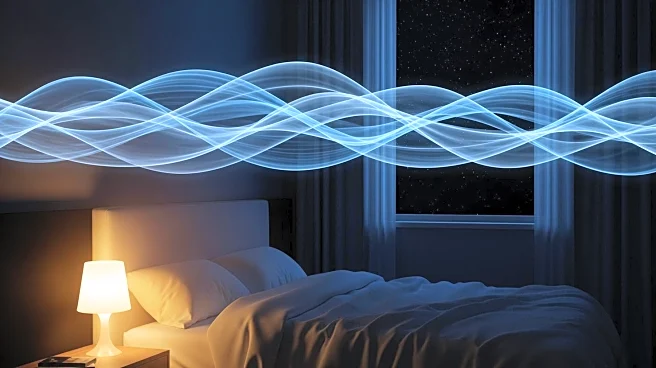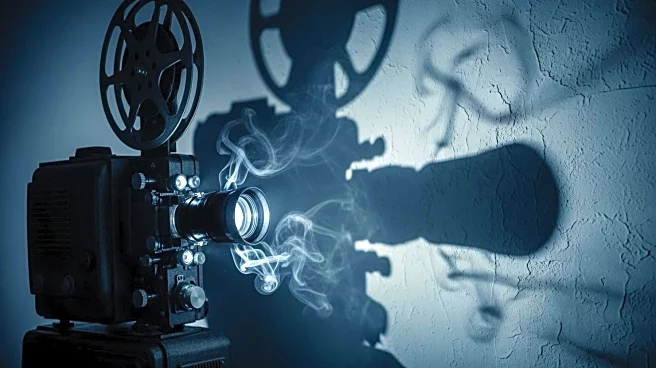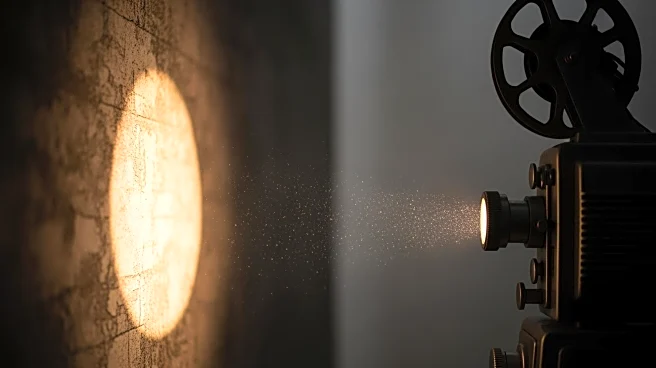What's Happening?
Researchers have developed a technique to weaken the recall of negative memories by using sleep cues to favor positive associations. The study, published in PNAS, involved playing brief reminders during non-REM sleep to tilt memory recall towards newer,
positive experiences. This method could potentially transform treatments for mental health conditions by reducing the impact of traumatic memories. The research focused on using neutral cues linked to both negative and positive experiences, with sleep cueing enhancing the recall of positive memories.
Why It's Important?
This discovery offers a promising approach to managing mental health conditions characterized by intrusive negative memories, such as PTSD. By favoring positive associations during sleep, this technique could help individuals reduce the emotional impact of negative experiences, improving mental health outcomes. The ability to influence memory recall through sleep could lead to new therapeutic strategies that enhance psychological resilience and well-being.
What's Next?
Further research is needed to explore the long-term effects of this technique and its applicability to real-world scenarios. Clinical trials and ethical considerations will be crucial in developing this approach into a viable treatment option. The study opens the door to new avenues in memory research, potentially leading to innovative therapies for mental health disorders.
















